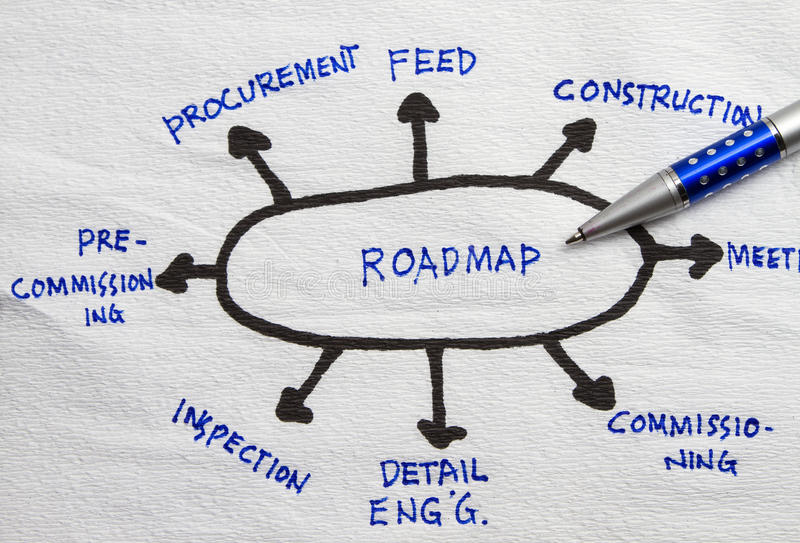Do You Need a Business Roadmap?

What is a Business Plan?
Ziz Ziglar once said ” You can’t hit a target you cannot see, and You cannot see a target you do not have. Business plan is simply a roadmap of you business that outlines goals and details how you plan to achieve those goals and time frame within which those goals need to be achieve.
Business Plan can also be used as a formal business plan document required for seeking investors, supporting a commercial loan or opening up a business bank account.
A Business Plan can help you clarify your strategy, identify potential roadblocks, decided what you’ll need in the way of resources, and evaluate the viability of your idea or your growth plans before you start a business.
Whatever your reason for writing a business plan, the task will probably still feel like a homework assignment. When you’re stating a business, your to-do list is a mile long and filled with more immediately rewarding task, like taking product photos, creating ad campaigns, and opening social medial accounts.
Here’s How to Write a Business Plan You’ll Actually Use
When starting up your own business, one of the best pieces of advice I can give you is to create a Business Plan. Most business owners start their business without a plan or find it hard to set aside time to start one. But let me ask you this – if an investor came to you asking to see your plan before they decided to provide you with capital, how fast would you start to make one? It is important to have a roadmap, a plan and some goals to work towards. It what makes a business owner more successful. If you need investors, trusted partners or business partners, you need to show them that you are established company who has a plan. A well-written plan can go a long way. Your Business Plan should be able to explain your vision, summarise your planning process and focus on goals and milestones.
1 Creating the roadmap
Your business plan should contain all the steps needed to build your business from the ground up. If you look at your businesses long term goal, then you need to map out the course to that destination. Planning helps you decide what steps you need to take first and which ones are crucial. As a business owner, remember this: you aren’t going to have all the answers. And sometimes that can cause you to delay completing your business plan. You will find the missing pieces as your businesses grows. Just fill in the blanks as you go along.
2 Goal Setting
One of the most important aspects of planning is writing down your short & long-term goals. “Setting goals is the first step in turning the invisible into the visible” – Robbins When you start your business, it is imperative to have a goal in mind. It is what you are working towards. The 4 Step Process to achieve his goals is a great read and outlines great tips on how to achieve YOUR goals. A goal always implies an action that has to be taken to reach it; so, your goal-setting process leads to identifying how best to use your company’s resources to achieve those goals.
3 Resource Allocation
Every start-up will have limited resources, especially capital. This could lead to other limitations like an incomplete superstar management team. Your plan should outline a step by step process – or a roadmap – that helps you determine how to best use the limited resources you have and how you can overcome your limitations to achieve more.
4 Prepare for contingencies
Starting a new company isn’t child’s play and there will be trials and errors at every corner. Creating a roadmap helps you anticipate and prepare yourself for these surprises in a more effective way. With a large majority of start-ups, the overall cost of entering the market is significantly higher than projected. Revenue growth is also much slower than expected. Becoming a successful start-up relies on your goals, plans and your roadmap to success.
5 Competitive positioning
Planning can also include highlighting your competition. Every new company will have certain advantages and disadvantages compared to the rest of the players in that niche. But planning and having a roadmap will help you decide how to position your company to effectively compete with other established businesses, and how to distinguish yourself in the minds of potential customers and achieve higher sales.